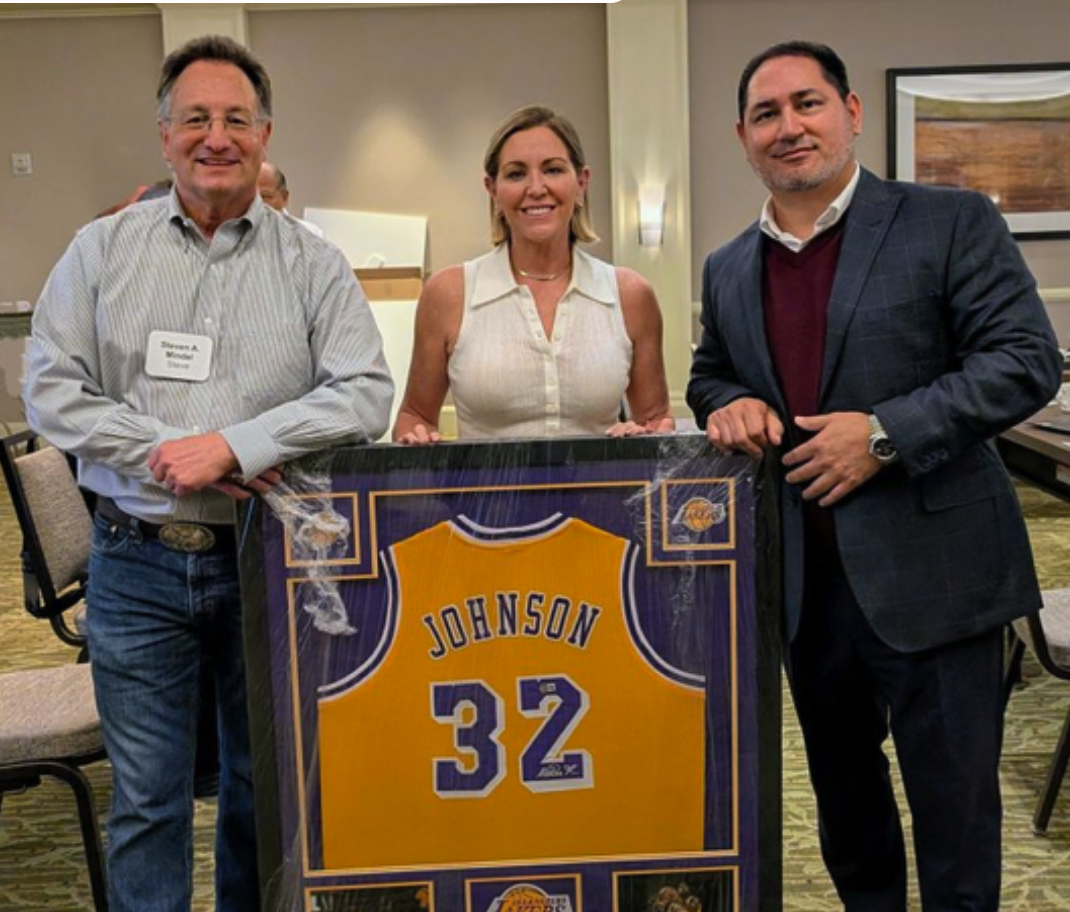News & media
Stay up to date with the latest news, events, and insights from FMBK. From firm updates to thought leadership in family law, explore how our team is making an impact in the community and the profession.


Newsletter
June 1, 2025
FMBK: Celebrating Leadership, Community, and Growth in Family Law
Newsletter

Newsletter
June 1, 2025
FMBK: Celebrating Leadership, Community, and Growth in Family Law
The June 2025 FMBK Newsletter recaps a season of connection and achievement—from sponsoring key legal events to celebrating Steve Mindel’s appointment as SoCal AAML President. See how we’re leading, learning, and growing together.

Newsletter
May 1, 2025
FMBK: Investing in the Future of Family Law
Newsletter

Newsletter
May 1, 2025
FMBK: Investing in the Future of Family Law
The May 2025 FMBK Newsletter spotlights growth and mentorship, from launching our expanded summer program to celebrating Alin Abrahamian’s swearing-in as an attorney. Explore how we’re shaping future leaders while staying connected through key events across the legal community.
